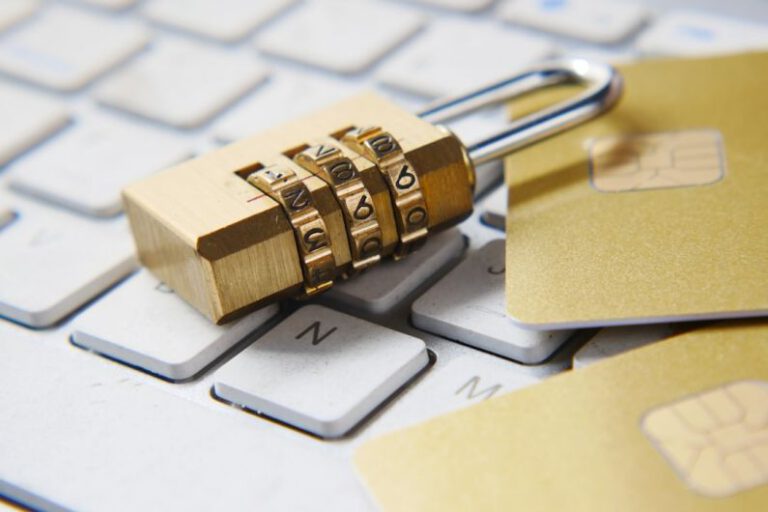The Importance of Cyber Hygiene in Preventing Future Threats
Cybersecurity has become a critical aspect of our digital world, with the increasing reliance on technology in our daily lives. As we continue to witness a surge in cyber threats and attacks, the significance of maintaining good cyber hygiene practices cannot be overstated. Cyber hygiene refers to the set of practices and measures put in place to ensure the security and integrity of digital systems and data. By adhering to these practices, individuals and organizations can significantly reduce their vulnerability to cyber threats and prevent potential breaches from occurring.
The Rise of Cyber Threats
In recent years, the frequency and sophistication of cyber threats have escalated, posing a significant risk to individuals, businesses, and governments. Cybercriminals are constantly evolving their tactics to exploit vulnerabilities in digital systems and networks, with the potential to cause widespread disruption and financial loss. From ransomware attacks to phishing scams, the range of cyber threats facing us today is diverse and ever-evolving. As such, it has become imperative for individuals and organizations to prioritize cybersecurity and adopt proactive measures to safeguard their digital assets.
Practicing Good Cyber Hygiene
One of the most effective ways to mitigate the risk of cyber threats is by practicing good cyber hygiene. This involves implementing a series of best practices and security measures to protect against potential vulnerabilities and attacks. By incorporating cyber hygiene into our daily routines, we can create a more secure digital environment for ourselves and those around us.
Regular Software Updates
Keeping software and applications up to date is a fundamental aspect of cyber hygiene. Software updates often include patches and fixes for known vulnerabilities, which, if left unaddressed, could be exploited by cyber attackers. By regularly updating our devices and software, we can ensure that we have the latest security enhancements in place to protect against potential threats.
Strong Password Management
Passwords are our first line of defense against unauthorized access to our accounts and data. It is essential to use strong, unique passwords for each of our online accounts and change them periodically. Additionally, enabling multi-factor authentication adds an extra layer of security by requiring more than just a password to access an account.
Phishing Awareness
Phishing remains one of the most common tactics used by cybercriminals to deceive individuals into sharing sensitive information. Being aware of phishing attempts and recognizing the signs of a potential scam can help prevent falling victim to such attacks. Avoid clicking on suspicious links or providing personal information in response to unsolicited emails or messages.
Data Backup and Encryption
Regularly backing up data is crucial in the event of a cyber incident or data loss. By maintaining secure backups of our important files and information, we can recover data quickly and minimize the impact of a potential breach. Encrypting sensitive data adds an extra layer of protection by scrambling the information, making it unreadable to unauthorized users.
Cyber Hygiene for Businesses
In the corporate world, the stakes are higher when it comes to cybersecurity. Businesses are prime targets for cyber attacks due to the volume of data they handle and the potential financial gains for cybercriminals. Implementing robust cybersecurity measures and educating employees on good cyber hygiene practices are essential for safeguarding sensitive business information and maintaining operational continuity.
The Future of Cybersecurity
As technology continues to advance, so too will the methods employed by cybercriminals to exploit vulnerabilities in digital systems. The importance of practicing good cyber hygiene cannot be overstated in the face of evolving cyber threats. By staying informed, implementing best practices, and remaining vigilant, we can fortify our defenses against potential cyber attacks and contribute to a safer digital landscape for all.






